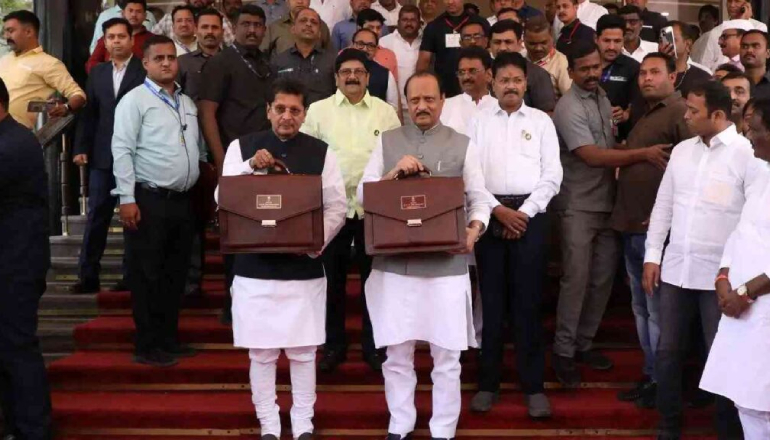The Maharashtra government has announced plans to promote sustainable agriculture, EVs, and women’s participation in various aspects of life.
Deputy Chief Minister Ajit Pawar announced plans to provide farmers with free electricity generation from solar pumps in Maharashtra. The state will construct 8.5 lakh solar pumps, aiming to encourage renewable energy use and reduce electricity costs. The Jal Yukta Shivar Yojana project will also be funded by a Rs 650 crore budget. The government also plans to solarize all irrigation schemes.
The state aims to provide Rs 80 crore in financial assistance to 10,000 women aged 18-35 in 17 cities to purchase e-rickshaws. Besides, the government launched the PM e-Busses program in 19 municipal corporations.
It must be noted that the state government last year announced its plans to raise Rs 5,000 crore in green bonds by 2024 for renewable energy, green buildings, green hydrogen, electric mobility, and charging facilities. It also set up the Maharashtra Green Finance Working Committee (MGFWC) will raise Rs 5,000 crore to fight climate change.

